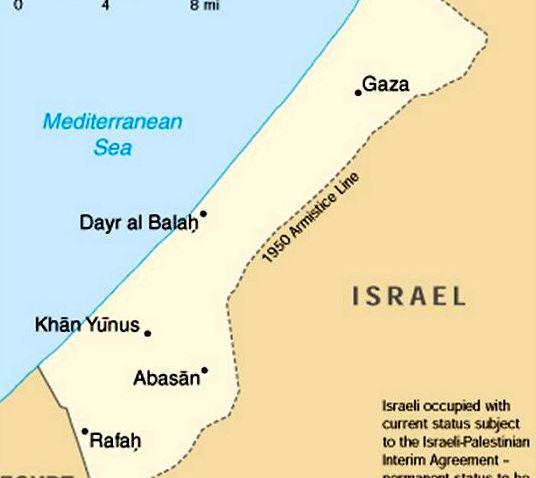When leaders of the two main rival factions in Palestinian politics signed a unity deal under Saudi auspices in February, the internal violence that had gripped the Palestinian Territories was supposed to come to an end. Instead, what came to an end was international news coverage of a crisis that has turned Palestinian society -- particularly in the Gaza Strip -- into a Hobbesian picture of lawlessness and despair. The lack of media coverage is the result of two factors. First, working in Gaza has become increasingly dangerous for foreign journalists. Second, and probably most importantly, the violence against Palestinians is not being perpetrated by Israelis. The unity deal known as the Mecca Agreement brought Hamas and Fatah leaders to the table and created a new government in the Palestinian Authority. Saudi King Abdullah had acted to end what looked like an incipient civil war between the two sides. But the agreement barely eases the enmity between the individuals who signed it. Not only are Fatah and Hamas still bitter rivals. Hamas, which leads the Palestinian government, is itself deeply divided. The Hamas signatories to the Mecca deal, who reject Israel's right to exist, now look like some of the most moderate in that Islamic movement. And beyond Hamas and Fatah, gang warfare is turning Gaza into a land of cold-blooded warlords.
<<ad>>
The Gaza Strip, which Israelis evacuated almost two years ago, is the scene of almost daily murders, kidnappings and shootouts, for reasons ranging from personal feuds to religious zealotry. Children are dying on a regular basis, killed not only by stray bullets, but sometimes targeted as proxies for their parents. The situation has become so horrifying for the majority of the population, that it is an open secret now that some residents are even hoping for Israeli intervention to restore order and end Palestinian-on-Palestinian killings.
The Unreported Chaos in the Palestinian Territories

